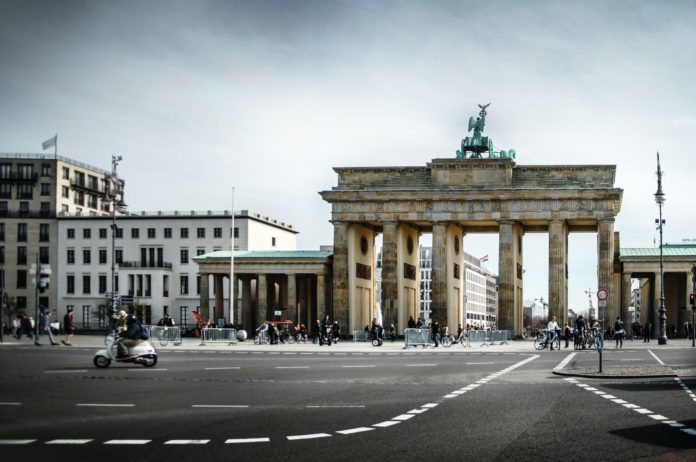Brandenburg Gate is one of the best-known symbols of Berlin, the capital of Germany. It’s located between the Haus Liebermann and Haus Sommer, which were rebuilt in the 1990s to replace the original houses destroyed in World War Two. The gate is the place where people gather to protest, celebrate, and attend festivals. Here are three facts you didn’t know about Brandenburg Gate.
It’s Not a Political Landmark
Unlike many similar statues, the Brandenburg Gate doesn’t have a political background. It was built as a replica of a small gate that guarded the city and was originally called “Peace Gate”. It was unveiled on August 6th, 1791. After that first time when it symbolized peace, after the war, it became a symbol of the great divide between the city.
There Were 18 Gates
In the 18th century, Berlin was home to 18 gates and the Brandenburg Gate is the only one that wasn’t destroyed at some point.
You Can’t Go Through Main Passage
Brandenburg Gate has 12 Doric columns that form five passages, but you can’t just walk through any one you want. The main passage is reserved for royals. In the past, the common people were only able to use the outermost passages, and the rest were meant for the aristocracy.

